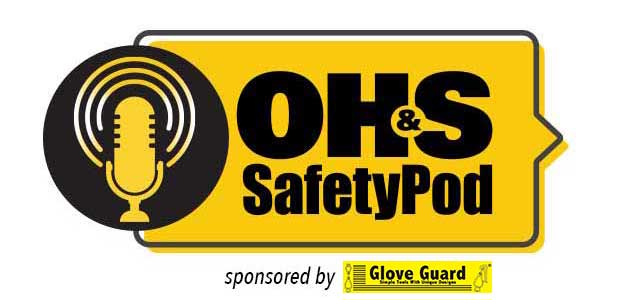Understanding the differences between various kinds of head protection products available means employers can protect their workers with the best kind of protection.

Three tips for choosing the right kind of protective apparel for workers.
After the US Department of Labor found out a railway retaliated against a whistleblower, the Colorado US District Court has cited the railway to pay thousands.

Sleep deprivation can affect our energy levels, productivity levels, and our livelihoods. Here’s how employers might be able to help.

The National Safety Council has asked presidential candidates to utilize the National Plan to Address Opioid Misuse—a recent plan to combat addiction.

Google says it fired four workers for violating company policy, but workers are saying the company is punishing them for speaking out about company ethics.
The week of May 4 through 8 is OSHA’s National Safety Stand-Down—meant to raise awareness about fall hazards in construction.

Below are three innovative ways that organizations are investing in their employees to set themselves up for the next decade, while protecting themselves from the current manufacturing downturn.
The deadline for electronically reporting your OSHA Form 300A data for the 2019 year is fast approaching.
A new press release by the VPPPA has some exciting news for the awards and scholarship season.

Episode 6
OH&S Editor Sydny Shepard sits down with not one, but two, members of the ISEA Hand Protection Group — Jill Clements and Matt Block — to discuss reducing the risks of hand injuries. Sponsored by Glove Guard.

A recent report by the Bureau of Labor statistics reveals that companies are losing more and more employees to suicide—and they don’t really know what to do about it.
Audiology company, SHOEBOX, just launched its reviewer service: an international network of regionally licensed audiologists offering occupational hearing testing audiological reviews.
More and more seniors are staying in the the workforce, and this means companies need to understand how to best utilize and protect them.

Seventy-five percent of employees are more likely to stay with their employer because of the benefits package. How often should you review your benefits program?